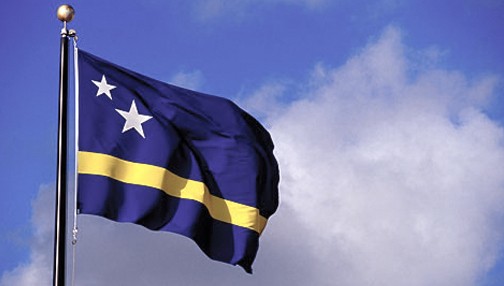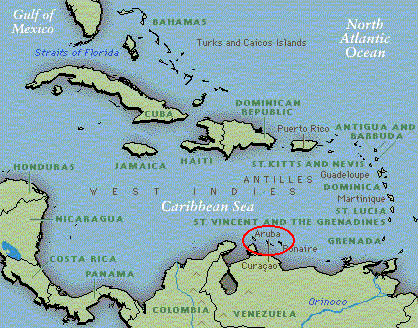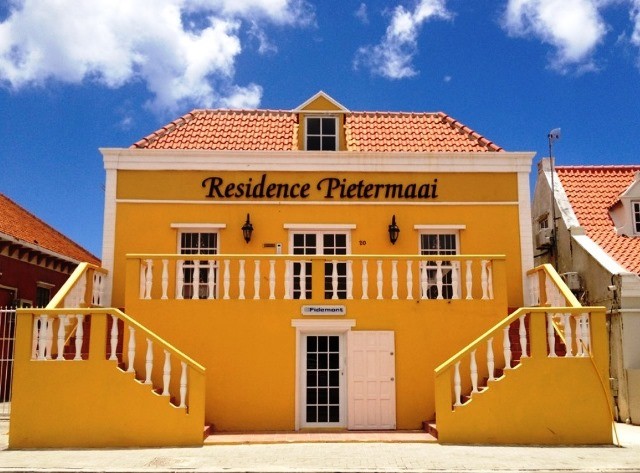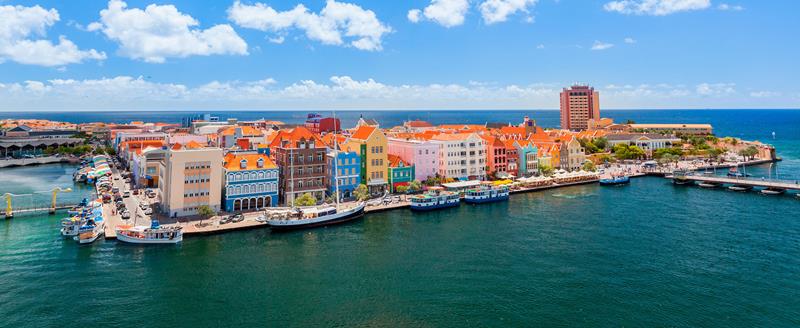
A Curacao Private Foundation also known as a “Stichting” in Dutch is a separate legal entity protecting assets and providing estate planning. While a stichting originated as a structure for charitable and religious purposes, they also hold assets for individuals and families.
The Stichting Particulier Fonds (SPF) Law enacted in 1998 governs the formation, operations, and liquidation of private foundations in Curacao.
Foreigners can create a foundation to hold their own and/or family’s assets to be distributed upon liquidation.
Background
Curacao used to be one of the islands forming the Netherland Antilles situated in the Caribbean Sea near Venezuela. When the Netherlands Antilles dissolved in 2010, Curacao become a separate island country.
As a former Dutch colony, Curacao’s political system has close ties to the Dutch government resulting in a constitutional monarchy with a democratically elected parliament. Therefore, Dutch is the primary official language. However, because the majority of tourists for many years came from English speaking countries, English is its second official language.
Benefits
A Curacao Private Foundation receives the following benefits:
• Total Foreign Participation: Foreigners can create private foundations with foreigners making up the entire economic ownership.
• Tax Free: As long as a private foundation does not engage in active businesses, all income it totally tax free. However, U.S. taxpayers and others paying taxes on global income must declare all income to their governments.
• Low Corporate Tax: Private foundations opting to engage in commercial activities are taxed at a reduced corporate tax rate of 10% for the first three years.
• Privacy: Private Foundations do not register with the government unless they pay taxes. Therefore, the founder and economic owners are not named in public records.
• Asset Protection: The founder’s assets can be owned by the foundation protecting them from creditors. Beneficiaries are “economic owners” of the assets also protected from their creditors.
• Estate Planning: With perpetual lifespan, a private foundation provides a family with generations of estate planning.
• Fast Formation: A Private Foundation can be formed in one day.
• English: English is its second official language.

Private Foundation Name
A foundation must choose a name which will not cause confusion with similar named legal entities in Curacao.
A foundation’s name must end with either the word “Stitchting” or “Foundation” so third parties know what type of legal entity they are dealing with.
Purpose
A foundation must state a specific purpose for its existence. Non-charitable foundations must state a purpose such as for the purpose of investing, managing, and administering assets on behalf of a third party. The founder cannot create a foundation to invest his or her assets for self-benefits.
Another purpose can be that the foundation is acting as a custodian (or trustee) of the assets for third parties who are considered “economic owners” while legal title remains with the founder. This is known as an “economic transfer” where control of the assets remains with the founder.
Since the foundation is the legal owner of the assets and others hold economic ownership, distributions from the income gained from its assets to the economic owners is permissible. In addition, distributions of assets to the economic owners are also allowed. In addition, the foundation’s charter may state that upon liquidation the assets may return to the founder or be distributed to third parties.
Difference from a Corporation
The main difference between a foundation and a corporation is that a foundation does not have capital divided into shares or quotas, nor shareholders or members. A foundation’s managing board differs from a corporate board of directors in that members or shareholders do not control its board or managers. A private foundation’s board has full autonomy.
The initial foundation board are appointed by the foundation’s charter. Board member vacancies are filled either by the board itself with full autonomy or by another body or person specifically named in the charter for that purpose.
Holding and Managing Assets
A private foundation can be formed to hold legal title to the founder’s assets. Or, to be a custodial holder of the assets.
The director of a private foundation may hold and manage assets and make distributions from its income to third parties such as the economic owners.
Private foundations can make private contributions to third parties.
Duration
A private foundation may choose an unlimited (perpetual) lifespan or establish a definite time period for termination.

Founder
The person creating a private foundation can be a citizen in any country. The founder can reside anywhere.
Director
Only one director is required to manage a private foundation. The foundation charter may provide for multiple directors with a board of directors to manage the foundation by majority vote.
Economic Owners
Usually known as “beneficiaries”, these are the third parties who benefit from the foundation’s ownership or custody of the founder’s assets. They can be citizens of any country and reside in other countries.
Taxes
The private foundation receives 100% tax exemption from all taxes including corporate tax, income tax, gift tax, and inheritance tax. However, this tax exemption will not apply if the private foundation actively engages in profit-making businesses. Passive income from investments or acting as a holding company of corporate shares or interests in private or public companies will not be taxed.
If a private foundation chooses to engage in active business enterprises, Curacao enacted tax reform legislation in 2011. The new law provides a reduced corporate tax rate of 10% on profits for private foundations and trusts engaging in commercial activities. This lower corporate tax rate applies for the first three years and then reverts to the normal corporate tax rate of 22% (for 2017). Prior to the three year reduction, a private foundation can elect to cease all commercial activities and revert back to the original 100% tax exemptions.
Conversion
A private foundation can be converted into another legal entity in a foreign country depending upon the laws of that country.
Public Records
Private foundations do not have to register with the government. Therefore, the names of the founder and economic owners are not included in any public records.
Time for Formation
A private foundation can be formed in one day.
Shelf Foundations
Due to the unique structure of private foundations, shelf private foundations are not available for purchase in Curacao.
Conclusion
A Curacao Private Foundation enjoys the following benefits: complete foreign ownership, no taxes on passive income, only 10% tax on active business profits, privacy, estate planning, asset protection, and English as its second official language.


